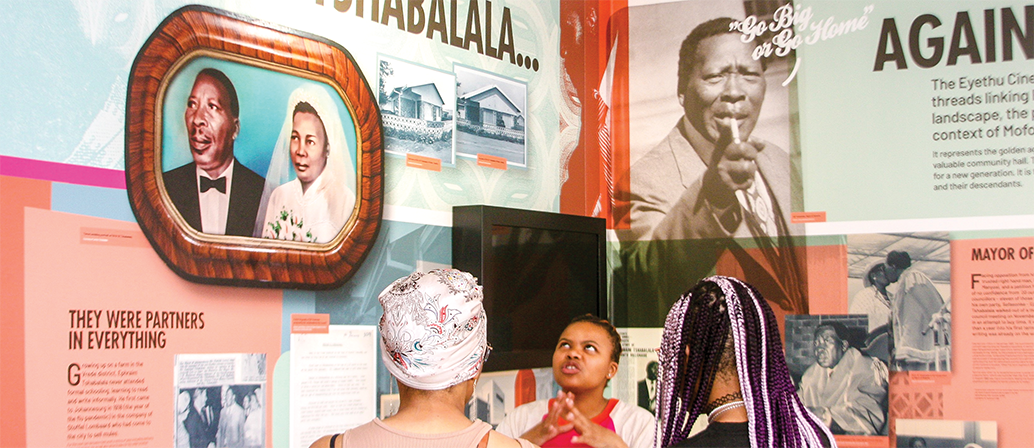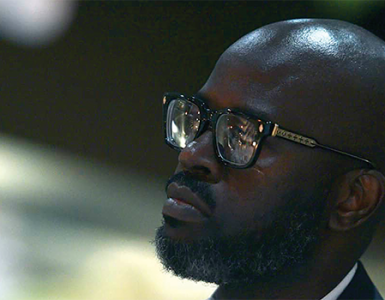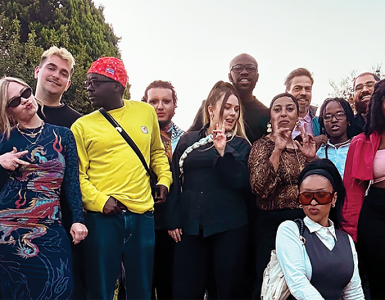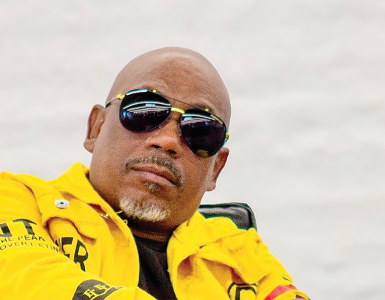PRESERVE: The cultural event brings together filmmakers, artists, academics, historians and cultural practitioners to reflect on the present to shape the future through music and film…
By Jacob Mawela
The weekend segueing winter into spring saw the staging of the inaugural Resonance Archive Festival.
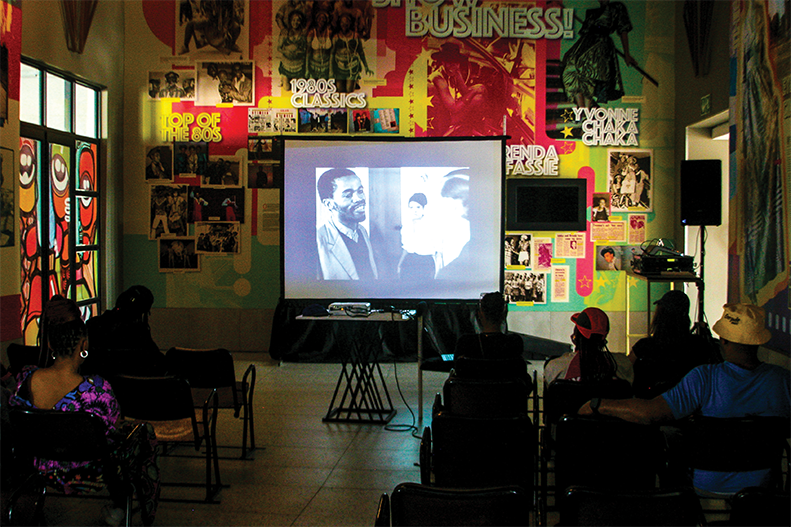
This was a cultural event that brought together filmmakers, artists, academics, historians and cultural practitioners to reflect on the past, question the present and shape future memory through film screenings, music events, exhibitions, symposiums, panel discussions and a cultural walk – at multiple participating venues across Johannesburg. The event evolved over four days between August 27 and 31 of 2025.
Organized by Anaphora Films – a Johannesburg-based TV and video production entity specializing in documentary films – in association with The South Festival of Memory and Eyethu Heritage Hall. Venues for the festival were Cinema Nouveau, The Bioscope, The Market Photo Workshop, the Magic Lightbox Company, The Forge, Untitled Basement and the Eyethu Heritage Hall. The Library of Things We Forgot to Remember – this is not a venue.
The debut festival commenced at The Bioscope in Braamfontein with the screening of the films, 1927’s Siliva the Zulu and 1953’s the 37th Bride – a film starring Miriam Makeba in the role of a mission school teacher who facing a possible forced marriage to an influential chief.
On the following day the Market Photo Workshop in Newtown hosted a screening of Nhlanhla Mthethwa’s documentary film, Sam Nzima: A Journey Through His Lens. An endeavour Mthethwa described as akin to “standing on the shoulders of the people who were there before us”. Nzima is the photographer who took the iconic picture of a dying Hector Pieters on June 16, 1976 at the start of the Soweto pupils’ uprisings.
In the film, Nzima described the photograph – which Time Magazine later ranked among its 100 Most Influential Images of All Time – as a “blessing and a curse” which, although bringing him fame, ended his journalism career and resulted in his harassment by apartheid securocrats who were ordered to “shoot at me and kill me.”
The ill-treatment eventually forced him to leave Soweto and settle at a distant village in the then Eastern Transvaal.
On Friday 29 August The Bioscope screened Haitian filmmaker Raoul Peck’s documentary film, Ernest Cole: Lost and Found.
A stirring account, Peck’s doccie narrates consequences of Cole’s exposure of the horrors of apartheid through his probing photography. At 27 years old, Cole ended up fleeing South Africa, a country he described as a “living hell” from which he had to escape. This followed of his book, House of Bondage.
On the Saturday morning the festival shifted to Soweto where the Eyethu Heritage Hall kicked off a bustling weekend programme with the Tshabalala Walk of Remembrance which retraced the lasting footsteps of Soweto’s erstwhile mayor Ephraim Tshabalala and his wife Kinini .
The walk traversed streets named after the power couple as well as their house located adjacent to the new family-owned Eyethu Shopping Centre in Mofolo Central. Thereafter, the complex’ parking lot hosted a market celebrating the Tshabalala family’s entrepreneurial legacy incorporating businesses which were once firsts of their kind in Soweto.
With the festival coinciding with the 56th anniversary of the now defunct cinema’s opening back in August 30, 1969, the current Eyethu Heritage Hall was the venue for the screenings of, among a selection of rare films, Gibson Kente’s resistance film, How Long – a drama about township life under apartheid which, in order to avoid apartheid censorship, was produced in Kente’s native King William’s Town and got promptly banned after one public screening at Eyethu Cinema. Among its cast is actor Peter Sephuma, who partook in a post-show discussion alongside playwrights Duma Ndlovu and Makhaola Ndebele at the film’s other showing at Cinema Nouveau.
Concurrently whilst the Soweto programme continued with a discussion on resistance cinema between film director Karabo Lediga, actress, Mmabatho Montsho and Nomsa Mazwai.
On the final day of the festival at the Eyethu Heritage Hall actor and poet Sol Rachilo was interviewed for a podcast by Tshabalala’s granddaughter Lerato, in front of an audience which included Hugh Masekela’s daughter Motlalepula. Rachilo acted, in the 1984 movie Charlie Steel, as a private investigator hired to recover a kidnap victim.
Its showing was preluded by Dilemma, the clandestinely produced film based on Nadine Gordimer’s then banned novel, A World of Strangers, about a young English businessman who befriends a black South African (portrayed by Zakes Mokae) and subsequently discovers the prevailing racial prejudices of the local white population.
Close onto midnight on 31 August at Untitled basement in Braamfontein, drummer Tumi Mogorosi and vocalist Gabi Motuba led an improvised music quintet which explored the music of black American music couple Abbey Lincoln and Max

